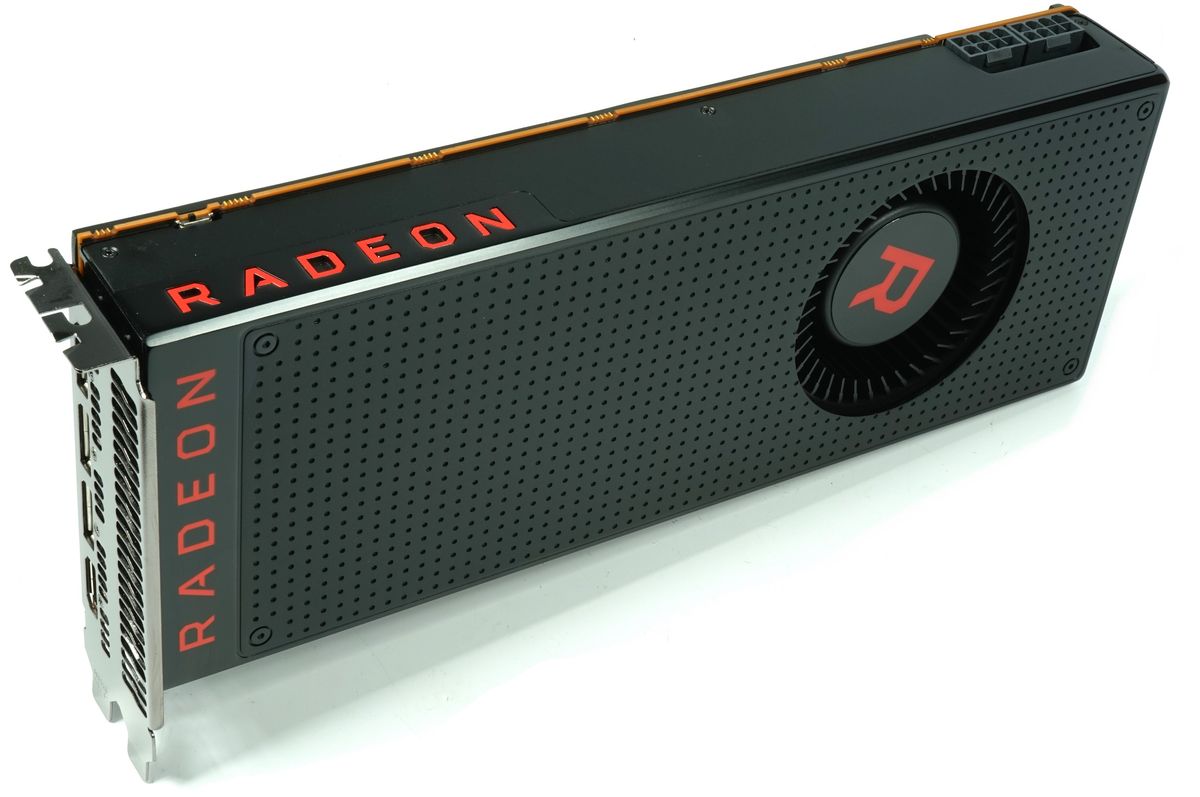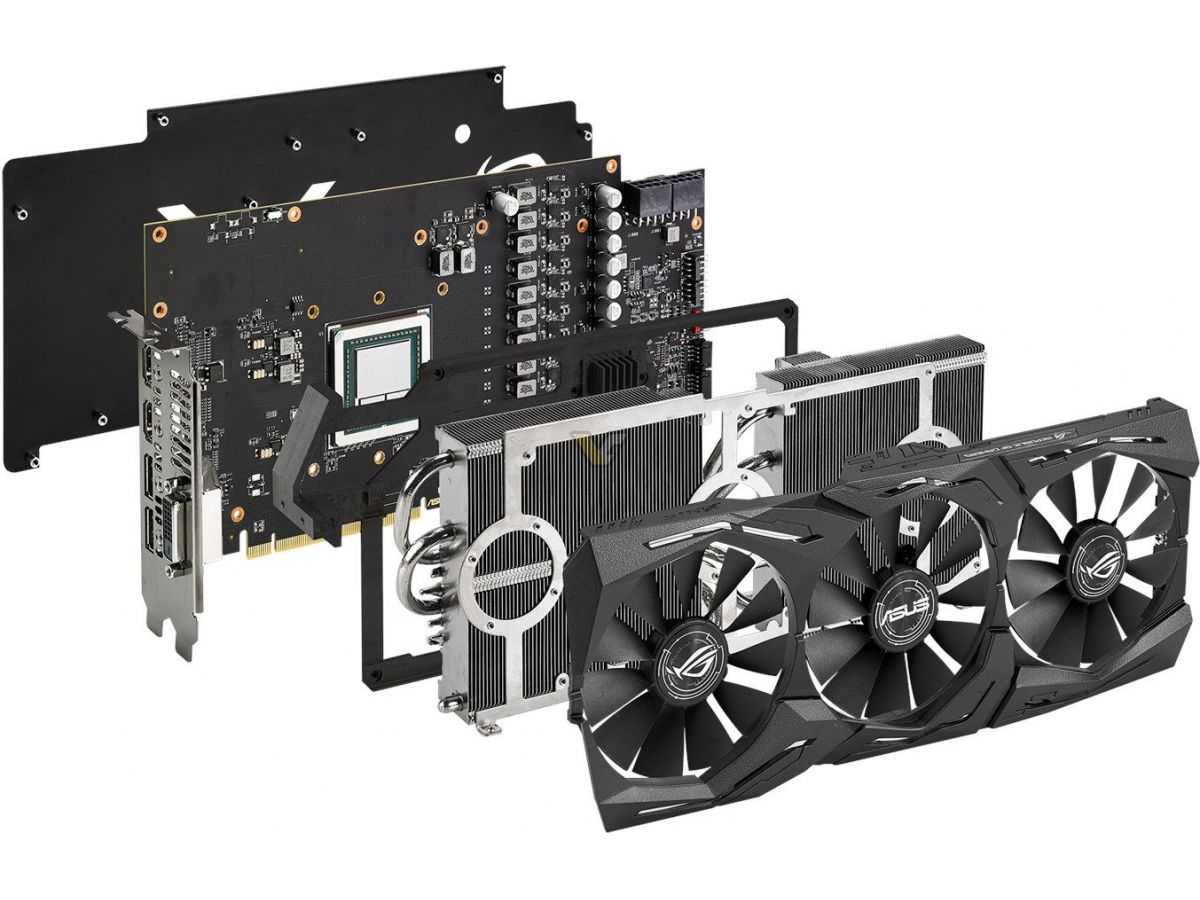How about the OpenCL tests? Oh wait! I forgot! Not really.
Announcement
Collapse
No announcement yet.
Radeon RX Vega 64: AMDGPU-PRO vs. DRM-Next + Mesa 17.3-dev
Collapse
X
-
So to summarize the radv results, radv is now:
1. Passing the Vulkan compliance tests
2. On par with the proprietary driver performance - faster in some tests and slower in others.
3. Easier to install (upstream and in distros)
4. Supporting more hardware than the proprietary driver.
5. Supported by Valve and a prominent Linux game porting company.
Can anyone from AMD tell me why the proprietary Vulkan driver's upcoming(???) open-sourcing isn't now considered DOA?Last edited by smitty3268; 23 October 2017, 11:15 PM.
- Likes 6
Comment
-
AMD need to support it more than just on Linux, so for them, there is no point to drop it because of radv. I hope they won't stop open sourcing efforts however, because of radv progress.Originally posted by smitty3268 View PostCan anyone from AMD tell me why the proprietary Vulkan driver's upcoming(???) open-sourcing isn't now considered DOA?
- Likes 3
Comment
-
AMD has every right to create their own Vulkan driver and they want to keep the code in step with their windows driver.
I just wish it would perform as well as it does on windows. AMD now trails Nvidia badly in Vulkan performance under Linux, regardless of whether you are using amdgpu pro or radV. This was not supposed to happen for a new generation modern API which was derived from mantle. In February it will be two years since the Vulkan spec was released and obviously AMD's involvement in the project is even longer than that...
- Likes 7
Comment
-
Furthermore, there is interest in Vulkan-OpenGL interop; so even if they open up AMDGPU-PRO Vulkan, it'd still have to be hooked up to Mesa in some way. Seems like it would be cannibalized for any learnings, features, or subtleties missed in RADV, and tossed to the dogs.Originally posted by smitty3268 View PostSo to summarize the radv results, radv is now:
1. Passing the Vulkan compliance tests
2. On par with the proprietary driver performance - faster in some tests and slower in others.
3. Easier to install (upstream and in distros)
4. Supporting more hardware than the proprietary driver.
5. Supported by Valve and a prominent Linux game porting company.
Can anyone from AMD tell me why the proprietary Vulkan driver's upcoming(???) open-sourcing isn't now considered DOA?
- Likes 3
Comment
-
Originally posted by shmerl View PostWhat happened to custom Vega cards? I'm waiting for something like Sapphire Nitro+ Vega, since it's supposed to be more silent than reference design. It takes them forever to release it. We’re hearing from sources that AMD’s AIB partners have found several issues with Vega chips that prevent them from creating custom cards for now.
We’re hearing from sources that AMD’s AIB partners have found several issues with Vega chips that prevent them from creating custom cards for now.
 I guess everyone is asking the same question. What happened to custom Vega graphics cards? ASUS was quick to launch its custom design back in August, even officially announced early-September availability. Reviewers already had access to preproduction samples, some are still waiting for the final BIOS for their samples. But the question remains, it’s mid-September […]
I guess everyone is asking the same question. What happened to custom Vega graphics cards? ASUS was quick to launch its custom design back in August, even officially announced early-September availability. Reviewers already had access to preproduction samples, some are still waiting for the final BIOS for their samples. But the question remains, it’s mid-September […]
Comment
-
My understanding is that RADV has been developed using Mad Max as the main test for running a full game so it's probably no wonder that this one game runs so well.Originally posted by Brisse View PostNice to see RADV performing so well in Mad Max. If only it could perform as well in other games...
Comment
-
Also ss3? Which we are ahead on slightly, on my rx480 we are neck in neck in talos at 4k at 40fps, siched gets radv to 42fps.Originally posted by L_A_G View Post
My understanding is that RADV has been developed using Mad Max as the main test for running a full game so it's probably no wonder that this one game runs so well.
We haven't really got to tuning gfx9 yet, talos at least does multisample fp16, which pro does DCC on and we don't, maybe ms DCC is finally faster on gfx9.
Dave.
- Likes 5
Comment
-
It's not as bad as I imagined but a 120mm at 700rpm is a hate situation for me so I put on a EK block on mine.
So I can confirm it's not near a 7970,290x,390X despite the cooler being surprisingly similar
Maybe the metal shroud helps with it, I was pleasantly surprised with the quality feel to it.
When I EK blocked my vega at stock power setting it jumped more often than not up to 1655 mhz stock settings (Windows) and 1740\1100 is my limit @45C.Originally posted by Shevchen View Post
Sadly, no chips are binned at all. Not the stock versions nor the custom ones. I've seen people who said, their watercooled card is not stable under boost-clocks, which means that no chip is safe from a bad draw in the silicon lottery. On the other hand, I've seen people buying the cheapest version of Vega 64 and getting 1700 MHz on core and 1100+ MHz on HBM2 with 0% power target.
The spread is really an issue and it doesn't help, that both the chip/core and HBM2 are both in the lottery, meaning you need to be doubly lucky in order to not get a monday-product. Thats why I'm happy with my card. While not the best, I've tweaked it to perform "okay" and are happy with the results - aka not terrible.
edit: The thing is, that I would be willing to pay a little more for binned cards - but the cost increase (you have to pre-select both the core and the HBM2) is probably not worth the small percentage of people willing to pay even more for it - because at a certain point, the cards get more expensive than the 1080 Ti. This is the red line and is probably not manageable to be created - sadly. And we 1% Linux users who MIGHT have a faster card than the 1080 Ti in certain games are not the primary customer-base for the GPU-vendors. Those are Windows gamers and miners. So yeah... bad situation for any chance of binning at all.
Then you might want to try undervolting the card. If you are happy with a rock solid 1550 MHz on the core and about 1050 MHz on the HBM2, you can downvolt you card to maybe 1030 mV and below (a lot of people can get those clocks with 1 V flat) which means a power draw of below 200 W (lets say ~170) - which can be handled by the stock cooler quite well. I've also replaced the thermal compound which gave me alone 4°C lower temps. Combined with undervolting, you could run you card at ~1200 rot/minute which is imho pretty quiet.
edit 2: I hope that the custom setting situation on Vega makes it clear, why we are in dire need of a Linux overclocking/undervolting tool that lets us set the parameters similar to the way the Radeon Software does it under Windows. Esp. as we can't BIOS-flash the cards. :-/
I'm hoping for bios hack sometime.
Vega 64 black edition, one of those 499 usd cards paid 450 usd (after currency exchange removal of vat and that deal as I'm in europe - it had a gtx1070 pricetag)
Comment

Comment